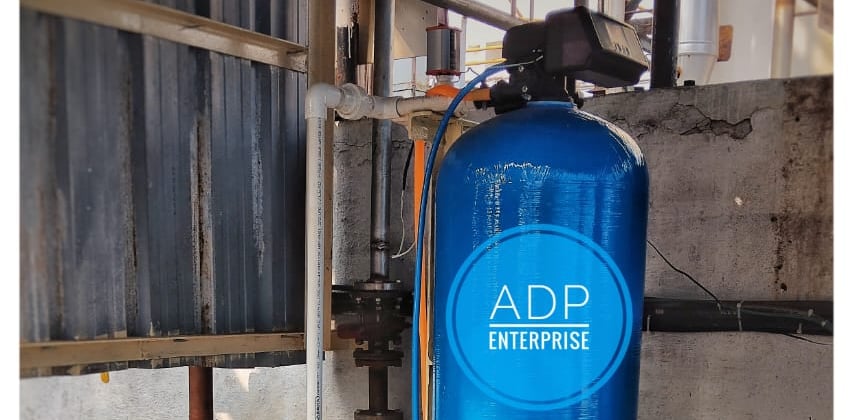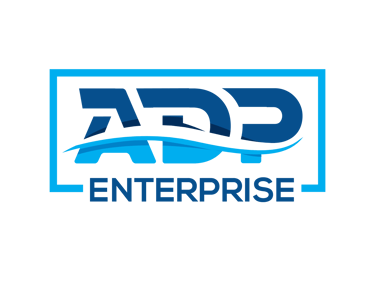
Why a Water Softener for the Home is Essential in Rural Areas Understanding Hard Water in Rural Areas
Well water? Hard water? Here’s why a softener is critical in rural homes.
5/27/20254 min read


What Makes Water “Hard”?
If you’ve ever noticed white chalky buildup around your faucets or that your soap doesn’t lather properly, you’re probably dealing with hard water. But what exactly is “hard” water? It’s water that contains a high concentration of dissolved minerals, mainly calcium and magnesium. These minerals get into the water as it travels through limestone and chalk‑rich geological formations, which are especially common in rural areas.
In simple terms, hard water isn’t harmful to drink, but it wreaks havoc on your plumbing, appliances, skin, and hair. When water is heated, it leaves behind mineral deposits, forming scale inside pipes, on heating elements, and in appliances like dishwashers and washing machines. Over time, this buildup can reduce efficiency, increase energy bills, and eventually lead to costly repairs or replacements.
Why Rural Water is Especially Affected
Rural areas often rely on well water instead of municipal supplies. Unlike city water, which undergoes extensive treatment, well water comes straight from the ground and is rarely filtered beyond basic sediment removal. Because of this, rural homeowners are more likely to experience high levels of minerals in their water.
Also, rural areas tend to have limited water testing and treatment infrastructure, meaning that homeowners must manage water quality themselves. The geology in these areas is a major factor; if your region has a lot of underground rock formations rich in calcium or magnesium, chances are your well water is hard, possibly even “very hard” on the water hardness scale.
In summary, the combination of untreated well water and mineral‑rich soil means rural homes are prime candidates for hard water issues. And that makes a water softener not just helpful, but essential.
Signs You Need a Water Softener
Common Household Symptoms of Hard Water
White, chalky buildup on fixtures
Soap scum in tubs or showers
Dry, itchy skin and brittle hair
Clothes feeling stiff after washing
Spotty dishes despite dishwashers
Low water pressure in plumbing
Appliance issues, especially with heaters and washers
Long‑Term Damage to Plumbing and Appliances
Hard water leads to scale buildup in water heaters (reducing efficiency by up to 50%), clogs in pipes, and frequent repairs or replacements. Energy bills spike as appliances overwork against mineral scale.
Health Impacts of Hard Water
Skin and Hair Concerns
Hard water prevents soap from fully rinsing, leaving residue that clogs pores and dries skin. It strips natural hair oils, resulting in dull, brittle hair. Those with sensitive skin or eczema often report worsened symptoms.
Effects on Drinking and Cooking Water
Hard water can taste metallic or chalky, affecting beverages like coffee and tea. Though not harmful to health, its mineral content alters flavors and may leave film on food surfaces.
Benefits of Installing a Water Softener in Rural Homes
Appliance Longevity
Softened water prevents mineral scale, prolonging appliance lifespan and avoiding costly repairs—much like regular oil changes protect your car.
Improved Water Efficiency
Soft water enhances soap and detergent effectiveness. It saves water, reduces rinse cycles, and improves laundry and dishwashing results—benefiting both budget and planet.
Comparing Soft Water vs. Hard Water
Taste, Cleaning, and Daily Use
Taste: Cleaner, smoother—ideal for coffee/tea.
Cleaning: Better lather, spotless surfaces, soft clothes.
Skin/Hair: Retains natural oils, improves hydration and shine.
Economic Differences Over Time
Soft water saves on detergent, energy, repairs, and bottled water. Most systems recover costs within 2–3 years, then continue saving money.
Water Softeners and Well Water: A Perfect Match
Filtration vs. Softening
Softeners remove calcium and magnesium.
Filters target sediment, bacteria, and heavy metals.
Both are often needed: filters for safety, softeners for comfort, and appliance protection.
Dealing with Iron, Calcium, and Magnesium
Many rural waters also contain iron, which stains surfaces. Softener systems with iron‑removal protect fixtures and plumbing from these minerals.
Common Myths About Water Softeners
“Soft Water is Salty”
Salt-based systems use minimal sodium (≈12.5 mg per 8 oz glass), well under daily guidelines. For those avoiding sodium, potassium‑based systems are an alternative.
“Softeners Waste Water”
Regeneration uses 25–50 gallons every few days, but soft water reduces rinse cycles, rewashes, and appliance inefficiencies, leading to net water savings. Modern demand-initiated systems are even more efficient.
Maintenance and Upkeep of Your System
Salt Refill Frequency
Family of four: every 6–8 weeks
Smaller households: 10–12 weeks
Use high-purity salt to prevent bridging and clean the brine tank annually.
Annual Checks and Lifespan
Resin beads last 10–15 years; system lifespan is 15–20 years with upkeep. Regular inspections, cleaning, and salt replacement prevent premature failure.
Installation Tips and DIY vs. Professional Setup
What to Expect During Installation
Setup involves:
Cutting into main line
Installing drain line
Connecting power
Programming controls
Leak checking and testing
Takes ~2–4 hours, depending on plumbing complexity.
Before and After Results
Issue Before After Softener
Stained fixtures Sparkling clean surfaces
Clogged shower heads Strong water flow
Brittle laundry Softer, longer‑lasting clothes
Skin irritation Noticeable improvement
Appliance breakdowns Fewer repairs and longer lifespan
Long-Term Savings
30% lower energy bills
50% less detergent usage
Fewer appliance replacements
Reduced plumbing repairs and bottled water costs
Final Thoughts – Don’t Wait Until It’s Too Late
Hard water silently damages homes and raises costs. A water softener is more than convenience—it’s protection for your home, health, and budget. For rural well water users, it's a smart, long-term investment that pays off in efficiency and peace of mind.
FAQs
How long do water softeners last?
A well-maintained system lasts 15–20 years. Regular salt refills, resin checks, and brine tank cleaning extend longevity.
Will a softener remove all minerals?
It removes calcium and magnesium. It doesn't filter out contaminants like bacteria or heavy metals, unless paired with a filtration system.
What’s the best system for well water?
Salt-based systems with iron filtration are ideal for rural well water conditions.
How can I test my water hardness?
At-home test kits cost Rs. 1200. For accuracy, consult local labs or water treatment professionals.
If you need our help, please fill up the form below. We will contact you.
Solutions
Providing water and wastewater treatment solutions for industries.
Equipment
Activated Carbon Filter
Sand Media
© 2024. All rights reserved.
Lamella Clarifier
Dosing Systems
Agitators
Chemicals/media/components
Pressure Sand Filter
Activated Carbon
Polyelectrolytes
Multiport Valves
Poly Aluminium Chloride
Ion Exchange Resin
LOCATION
Registered Office
302/A, Nav Vrundavan Soc, Murbad Road, Syndicate, Kalyan - 421301
GST No - 27AKCPP2125P1ZW
Branch Office
Moshi, Pune - 412105
Chlorine Dioxide
Water Softener
RO Plants
